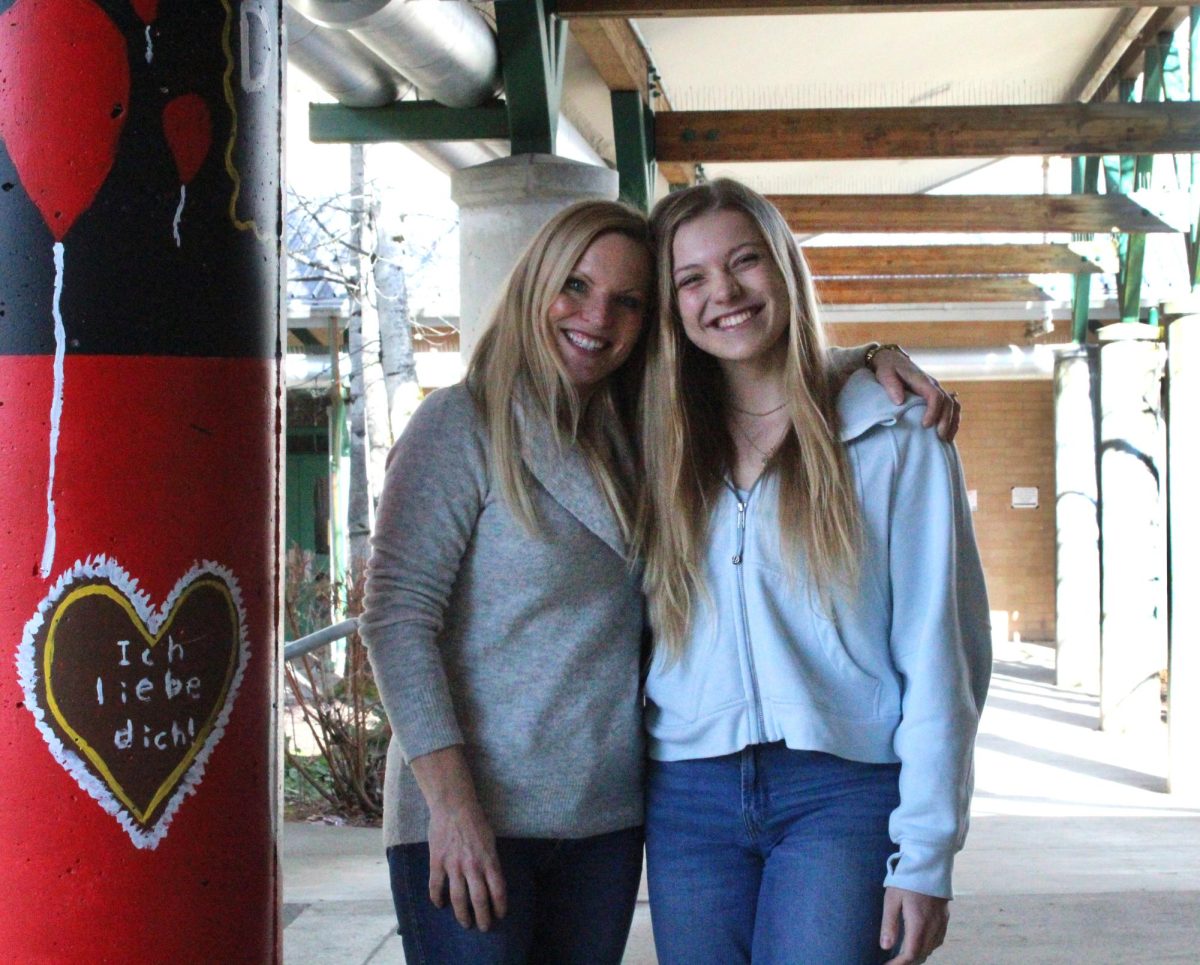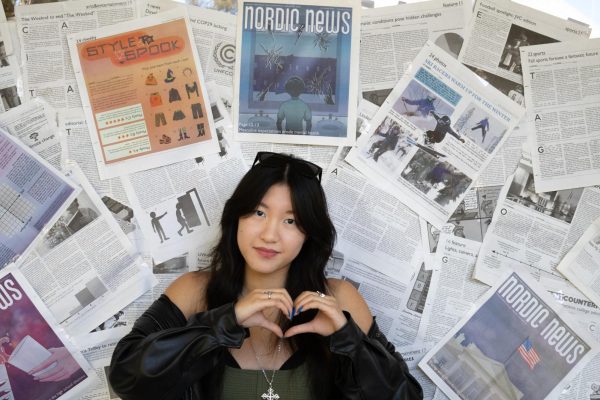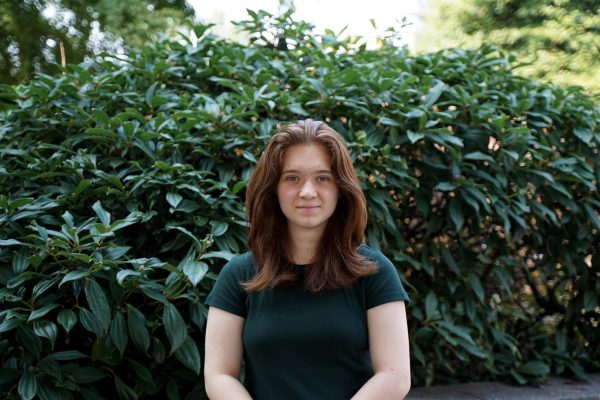According to the 2022 American Community Survey, around 25.6% of the King County population are immigrants. There are many factors that impact the lives of immigrants, including languages, holidays and traditions. Here, we have several stories from students unpacking their experiences as an immigrant.
Gaby Wang (she/her)
Sophomore Gaby Wang (she/her), who immigrated with her parents from China when she was in fourth grade, has struggled with the language barrier. Although she learned English in China, she said she realized she needed more practice, which came to her gradually as she spent more time in America.
“In fifth grade, I pretty much understood everything. Maybe my speaking wasn’t as good,” Wang said. “And in sixth grade I feel like I pretty much was caught up in everything.”
Although she managed to overcome the language barrier, Wang said she developed confidence issues after immigrating — she is always conscious of whether or not she has an accent.
“Since I came here when I was nine, I feel like moving made me more introverted because I wasn’t as introverted back then than I am now,” Wang said. “I think it still goes back to the language thing and confidence.”
Karlie Vince (she/her) and Katrin Vince (she/her)
Maintaining their native language is common for students with immigrant families, as immigrant parents often teach the language spoken in their native countries to their children.
“My mom made it a priority that she would teach me the language, and I think it’s really cool to be able to speak multiple languages,” sophomore Karlie Vince (she/her) said.
Karlie Vince was born in America, and she moved to Germany with her family for three years when she was three. Her mother, German teacher Katrin Vince (she/her), came to America during the 90s.
During her first experience in America, Katrin Vince, who was 19 years old at that time, was treated unkindly and detained at the immigration service at the airport. A security guard accused her of trying to get pregnant or married during her stay.
“I was so scared. And I really wasn’t doing anything wrong, but they came from a place that I was trying to get away with something. And to feel this judgment, like I was trying to take something from America when I was really only trying to give something,” Katrin Vince said. “I can only imagine what [it’s like for] people who are asylum seekers or coming from a country that’s not well off, to be treated how those people are treated.”
Katrin Vince said that people don’t understand what immigrants go through until they have lived it themselves, so she urges everyone to be welcoming to all immigrants. She said it is incredibly important to be patient and kind, as one small action can have a powerful effect on those who find themselves in an unfamiliar place.
“Never underestimate the impact that you can have on somebody who’s new here, don’t judge people so quickly,” Katrin Vince said. “Be welcoming to them because you can make a huge difference.”
Rayan Rizwan (he/him)
Junior Rayan Rizwan (he/him), who has lived in London and Singapore, said his parents, originally from India, found a large Indian community when they first came to America in 2015. While there isn’t a large population of Singaporean immigrants here, Rizwan said he was also able to connect with Chinese immigrants living in the area.
“Singapore has a very high Chinese population, so I found it interesting that I can connect with their culture even though, technically, I’m not a part of it.” Rizwan said.
He thought befriending Chinese immigrants was a good opportunity to get involved in and connect with more cultures. Rizwan says that Singapore’s diversity of cultures is important to him.
“I think that it makes one very unique and very special to have immigrant parents, and to have a very cultural background,” Rizwan said. “It’s something I’m fairly proud of.”
Julia Swiatek (she/her)
Junior Julia Swiatek’s (she/her) parents and older sister moved to Washington from Poland in 2005. Swiatek said she enjoys getting to know more cultures and having a variety of traditions to celebrate with her family.
“There’s this one in the beginning of December. It’s called Mikołajki. St. Nick comes and puts stuff in your shoes,” Swiatek said.
She explained that while many Polish holidays are religious, her family celebrates them more as traditions. One example of this is the Thursday before Lent, which is Christian tradition of being the last opportunity to feast before fasting begins.
“There’s actually one recently that we really like — Fat Thursday is what it’s translated to,” Swiatek said. “Every year, we always buy donuts.”











